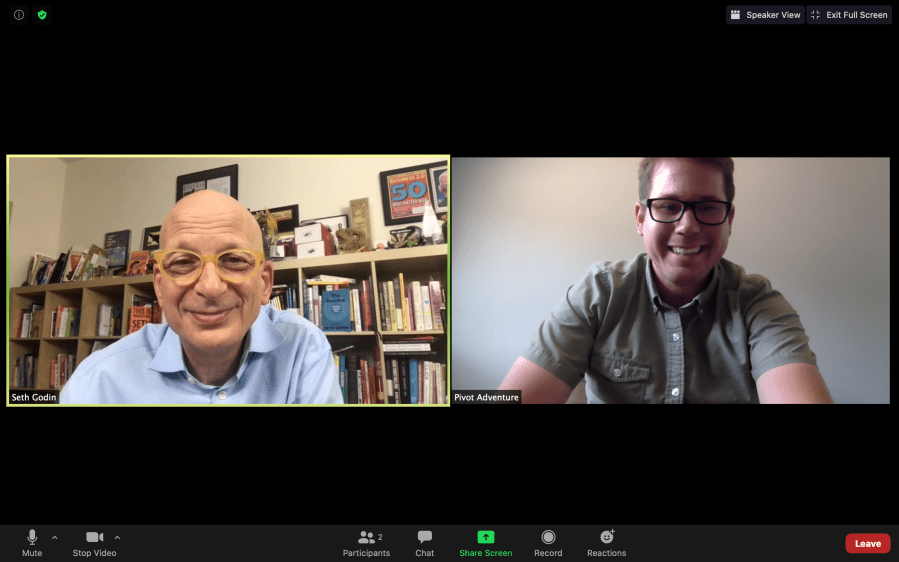When we convince ourselves that “those” people, you know the ones that are different from “me”, that they are separate from our society; then it becomes easier to treat them differently.
That’s why it’s easy for most of us to be okay with the disproportionate number of Coronavirus deaths for prisoners—”If you can’t do the time, don’t do the crime.”
That’s why it’s easy to ignore police violence against BIPOC—”Look at all the _______ (rioting, looting, drug use…).
It’s so easy to point out the differences between people because everyone is different from each other. There is simply too much information for any one person to process. As a result, we sort and sort in order to create bight size junks to understand the world.
The problem is, we lump and group people into a single category. A box with limitations on it. Ignoring the fact that this person has a history, a family, and upbringing, and perhaps more importantly, a story that is still being written. Because of our fears, prejudices, and biases, we have a difficult time seeing the world as it really is.
Yet, it doesn’t stop us from being judge and jury. We have already decided before processing the information. Our brain is a map already drawn. We collect information to confirm not to change our minds.
Inequality grows without careful mindful examination.
This is water.
